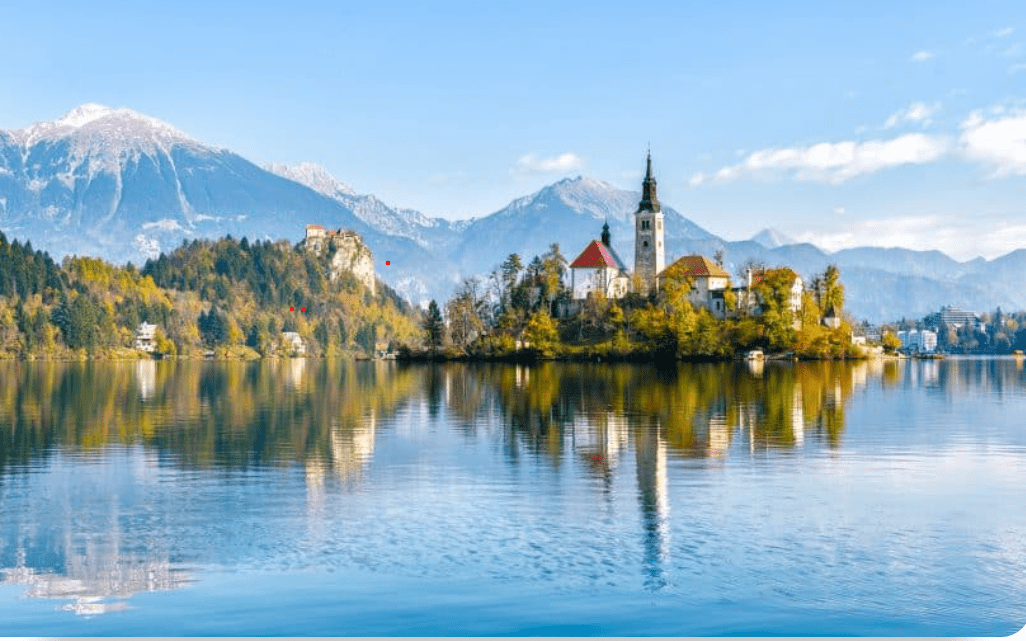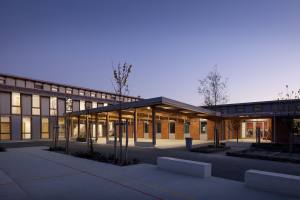Slovenia takes a pivotal turn towards circularity

News Detail

Year:
2022
Country:
Slovenia
Source:
Climate-KICSlovenia has decided to actively combat climate change by transitioning its entire economy towards circularity. The Slovenian government is kickstarting this unprecedented shift by participating in a Deep Demonstrations, led by EIT Climate-KIC. Multiple Slovenian ministries and local stakeholders from businesses, industry, research institutions, and local communities are taking an active role in the process, learning from each other and working together to become fully circular.
Slovenia may be one of the smallest European countries, but their ambition to fight the climate crisis is inspiring. Circularity is one of the key elements of a sustainable global future and the Slovenian government has decided to take radical steps to make it central to their economy. Thanks to its unique features, this Mediterranean country can serve as a testbed for climate innovations that can be scaled in other locations.
In November 2021, the Slovenian government signed an agreement with EIT Climate-KIC to participate in the Deep Demonstrations of Circular, Regenerative Economies, a programme that aims to introduce circularity by activating a coordinated portfolio of innovation actions in key economic sectors and selected value chains. Since then, the Slovenian government has articulated its vision of “Slovenia as a European leader in harnessing circularity to transform and decarbonise its economy while fostering a green economy and designing and promoting the smart and circular transition of local communities through a coordinated and coherent national approach based on local needs and international best practice”.
Bart Stegeman, Slovenian Orchestrator- Circular Economy and Value Chains Transformation at EIT Climate-KIC explains: “Slovenia has taken on an unprecedented challenge of coming to the fore in Europe’s fight against climate change. The country has decided not only to introduce the principles of the circular economy, but also to adopt a systems approach. Transforming a system requires knowledge, capabilities and capacity. To reach circularity by mid-century it will also involve critical structural and exponential changes that must occur both rapidly and simultaneously on multiple fronts. So now is the time to step out of our comfort zone and start sharing our best practices, break down the silos and amplify our successes to deliver this ground-breaking change”.
The Deep Demonstration process in Slovenia applies a cross-sector and cross-disciplinary approach to work across boundaries, silos and departments to build partnerships with a range of stakeholders (from local communities and businesses to academic institutions and policymakers) and focuses on creating an accessible, open platform for knowledge transfer.
More info